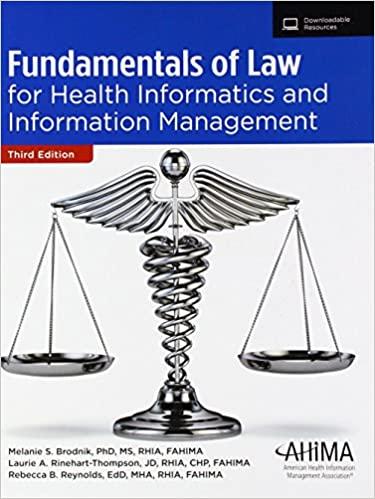Question
I. Do states have jurisdiction over Indian country? 1) Yes, because most of the tribal lands are within the states. 2) Yes, but only if
I. Do states have jurisdiction over Indian country?
1) Yes, because most of the tribal lands are within the states.
2) Yes, but only if they act with the agreement of the particular tribe
3) No, because Indian country is sacred
4) No, only that which the federal government delegates or federal courts determine exists
II. Why do tribes want to protect sacred sites?
1) The sites may have mineral wealth that the tribe could use to fund programs
2) The sites give tribes additional land under the religious exemption in the U.S. Constitution
3) The sites are similar to the Mosques and as such enjoy special protection under the First Amendment
4) The sites are integral to the practice of Indian religion, the well-being of tribal cultures, And the health of the earth
III. The tribal structure for most tribes is governed by
1) The chief of the tribe
2) A Supreme Court of tribes
3) A Tribal Council
4) A Monarchy where the warriors of the tribe vote
IV. In the article entitled "Donald Trump's long history of clashes with Native Americans" Trump made all the following attacks on Native Americans except?
1) The Native American tribes had long criminal records and were connected to the mob
2) Stated the Native Americans applying for Casinos didn't look like "real Indians.
3) He ran a secret anti-Indian ad campaign
4) All of the above answers were forms of attack on Native Americans by Trump
Step by Step Solution
There are 3 Steps involved in it
Step: 1

Get Instant Access to Expert-Tailored Solutions
See step-by-step solutions with expert insights and AI powered tools for academic success
Step: 2

Step: 3

Ace Your Homework with AI
Get the answers you need in no time with our AI-driven, step-by-step assistance
Get Started


